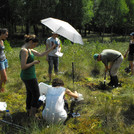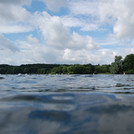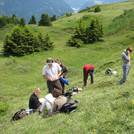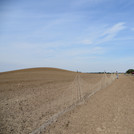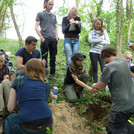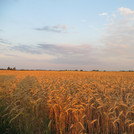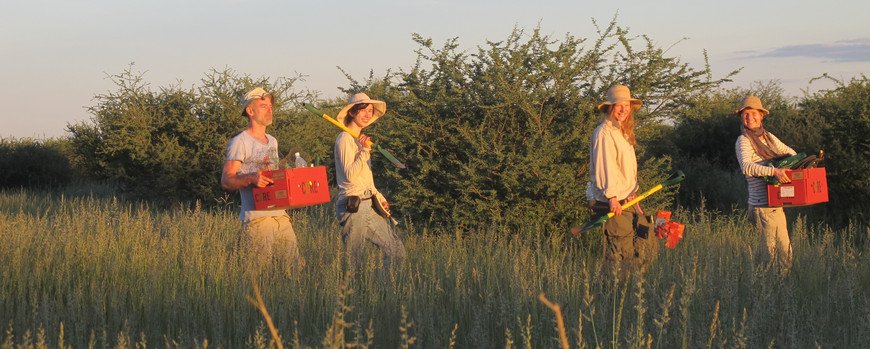Course curriculum
The Institute of Biochemistry and Biology at the University of Potsdam is largely responsible for the curriculum of the master program in Ecology, Evolution, and Conservation. The program is closely intertwined with research activities at the institute. In this way, we achieve a high practical relevance of the study contents and an early participation of the students in the current research of the working groups involved in teaching and non-university research institutes.
Five cooperating research areas characterize our interdisciplinary profile:
- Vegetation ecology and scientific nature conservation
- Aquatic ecology and ecological modelling
- Animal ecology and human biology
- Biodiversity research / General and special botany
- Evolutionary ecology and evolutionary biology / systematic zoology
Read more about the working groups in these research areas which are mainly responsible for our curriculum.
The above-mentioned research areas are reflected in potential fields of specialization for our students:
- Biodiversity research on animal and/or plant communities in terrestrial and/or aquatic systems, e.g. specific habitats in dryland areas (savannahs, deserts), lake ecology or landscape ecology (natural ecosystems, agro-ecosystems, managed land)
- Conservation biology in regional or international ecosystems
- Ecological modeling: from individuals to population dynamics, communities, and food webs
- Behavioural ecology, in particular, of local mammals
- Evolutionary ecology and evolutionary biology, including molecular population genetics and systematics
- Ecological microbiology
- Ecoinformatics / advanced statistics in ecology
These topics are complemented by courses from associated research areas within the Faculty of Science, e.g. landscape planning, remote sensing, soil science, bioinformatics and climate impact research.
We focus on regional habitats in grasslands, forests, agricultural areas, lakes, and flood plains. In addition, we offer courses and internships at international research stations and sites, e.g. in Europe and subtropical savannahs.
Inform yourself about the course plan. The module manual provides a detailed description of the available modules in the curriculum.

